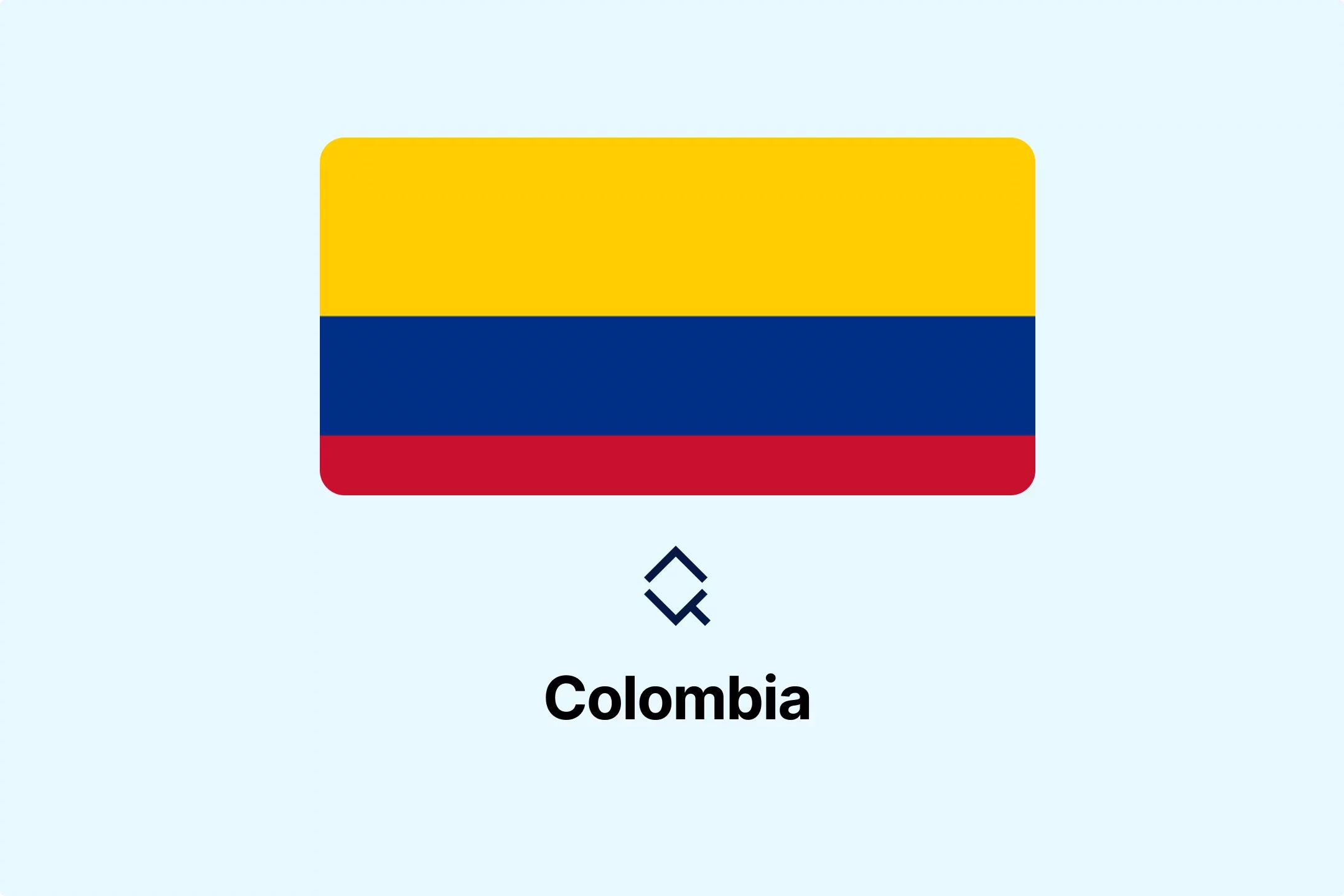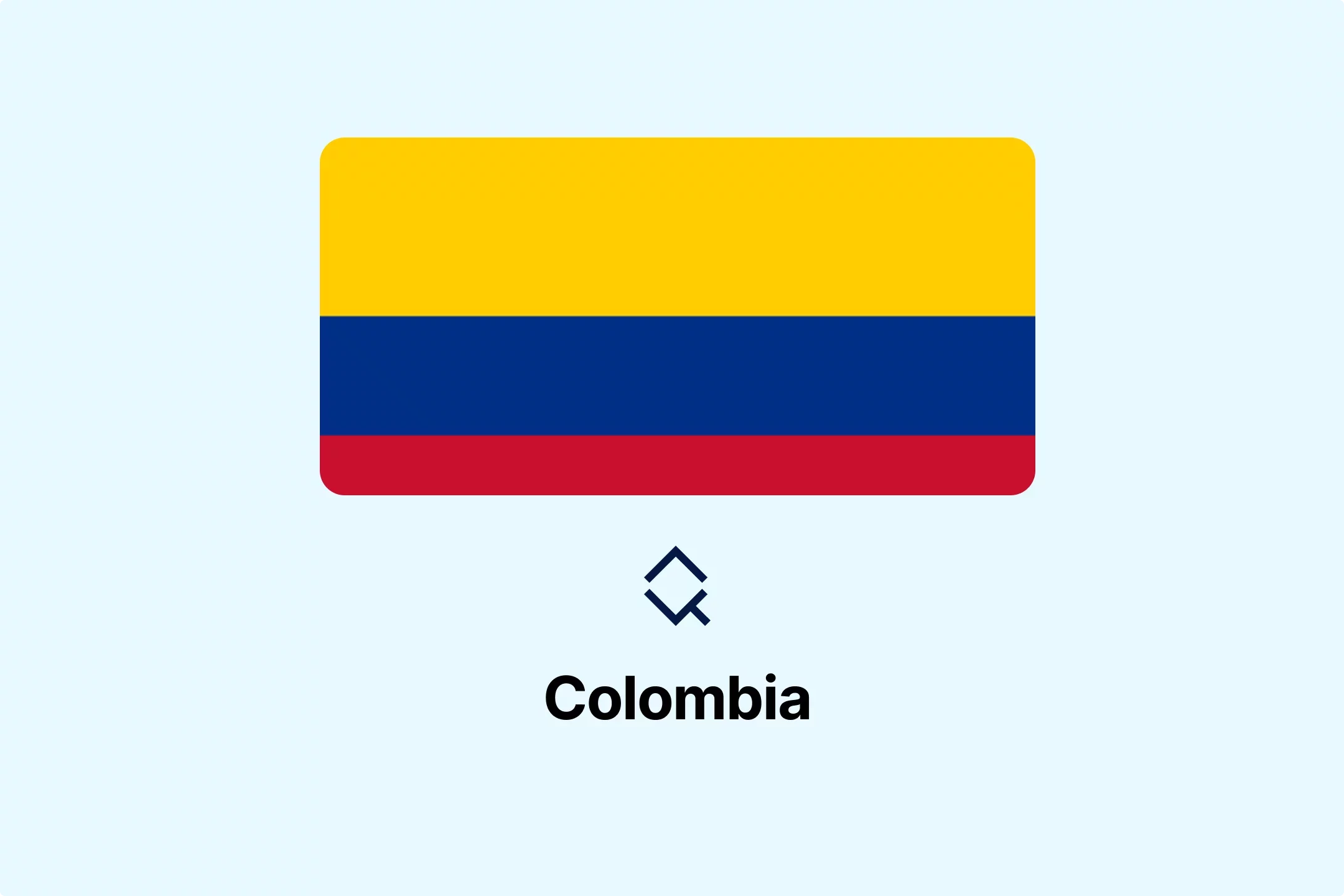Colombia Proposes Sweeping Tax Reform: $6.5 Billion Revenue Target for 2026 Budget
-p6e3ovhdh3.webp)
Colombia's Ministry of Finance has submitted an ambitious tax reform bill to Congress aimed at generating 26.3 trillion pesos ($6.5 billion) to finance the 2026 budget. The comprehensive legislation, presented on September 1, 2025, introduces significant changes across VAT, income tax, wealth tax, and sector-specific levies, marking one of the most extensive fiscal reforms in recent Colombian history.
Major VAT Changes Across Multiple Sectors
The proposed reform introduces substantial VAT modifications that will impact various business sectors:
Gaming and Entertainment: The standard 19% VAT rate will extend to games of luck and chance, excluding lotteries, significantly affecting the gaming industry's cost structure.
Automotive Sector: The preferential 5% VAT rate for hybrid vehicles will be eliminated, removing a key incentive for sustainable transportation adoption.
Tourism Industry: The VAT exemption for tourist services used by foreign residents in Colombia will be removed, potentially impacting the country's tourism competitiveness.
Fuel Tax Phase-Out: Complex Timeline Implementation
The reform introduces a gradual phase-out of preferential VAT rates on liquid fuels with varying timelines:
2026 Implementation:
Gasoline: 10% VAT rate
ACPM (diesel): 10% VAT rate
Other petroleum-derived fuels: Standard 19% VAT rate
2027 Changes:
Gasoline: Standard 19% VAT rate (effective January 1)
Biofuels for diesel: Standard 19% VAT rate (effective January 1)
Ethanol for gasoline blends: Standard 19% VAT rate (effective July 1, 2026)
2028 Final Phase:
ACPM (diesel): Standard 19% VAT rate (effective January 1)
These changes will significantly impact transportation costs and energy-dependent sectors across Colombia.
Income and Wealth Tax Increases
The reform targets high-income individuals and wealthy taxpayers through multiple mechanisms:
Individual Income Tax: The marginal rate for individuals earning over 31,000 UVT (approximately COP 1.54 billion based on 2025 UVT value of COP 49,799) increases to 41%.
Wealth Tax Threshold Reduction: The wealth tax threshold decreases from 72,000 UVT to 40,000 UVT, significantly expanding the tax base to include more high-net-worth individuals.
Occasional Gains: Winnings from lotteries, raffles, bets, and similar activities will face a flat 30% tax rate.
Sector-Specific Surcharges and New Obligations
Financial Institutions: The surcharge rate increases to 15%, substantially raising the tax burden on banks, insurers, and financial services companies.
Oil and Coal Sectors: Surcharges will be harmonized under unified rules, with companies facing up to 15% additional taxes on income plus a new 1% tax on first sales or exports.
Religious Institutions: Church income from commercial activities will become taxable, ending longstanding exemptions for religious organizations.
Cryptocurrency: New rules will govern crypto-asset transaction taxation, addressing the growing digital asset market.
Political and Economic Challenges
The reform faces significant political hurdles in Congress, where President Gustavo Petro's government lacks strong support. Analysts express skepticism about passage prospects, with Scotiabank's chief economist noting concerns about the absence of corresponding public expenditure management improvements.
The government suspended Colombia's fiscal rule in June 2025 due to declining revenues, raising the fiscal deficit target to 7.1% of GDP for 2025 and 6.2% for 2026. Both S&P and Moody's have downgraded Colombia's debt rating in response to fiscal concerns.
Business Impact Assessment
Companies operating in Colombia should immediately assess the reform's potential impact on their operations:
Energy-intensive businesses must prepare for substantial cost increases as fuel VAT rates rise
Financial services firms face significantly higher tax burdens through increased surcharges
Gaming and tourism operators need to adjust pricing models to accommodate new VAT obligations
High-net-worth individuals should review wealth structuring strategies given lower thresholds and higher rates
The reform's success depends on Congressional approval, with the entire 2026 budget of 557 trillion pesos contingent on these new revenue measures. Failure to pass the legislation would force the government to seek alternative financing through increased borrowing.
Colombia's Autonomous Fiscal Committee suggests that a budget adjustment of 45 trillion pesos—substantially exceeding the government's proposal — would be necessary to achieve the 2026 deficit target, highlighting the scale of fiscal challenges facing the country.

More News from Colombia
Get real-time updates and developments from around the world, keeping you informed and prepared.
-e9lcpxl5nq.webp)








